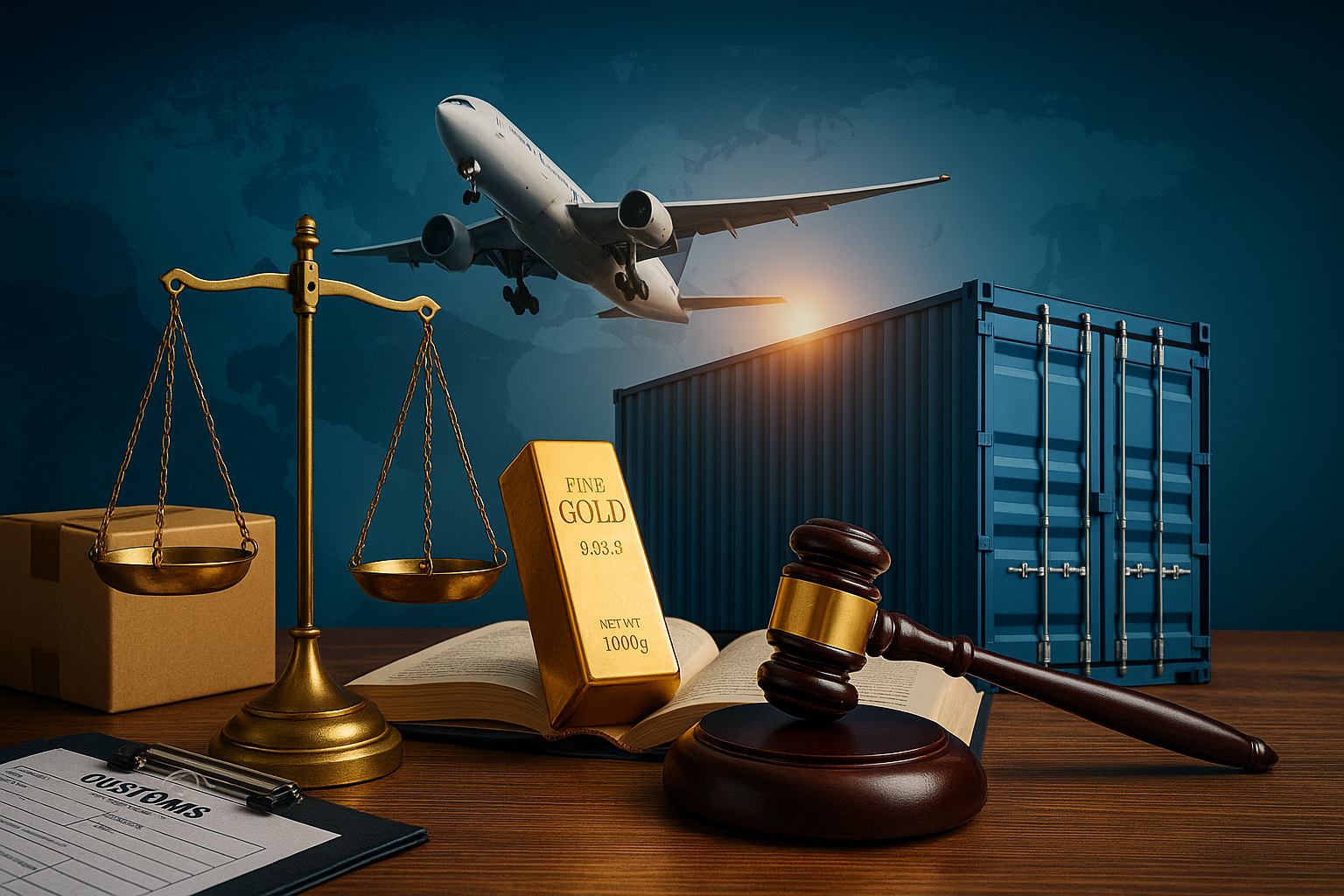
Transporting high-value goods, such as luxury items, advanced electronics, artworks, or specialist equipment, across international borders can be a rewarding but legally complex task. Unlike ordinary shipments, these items carry additional risks, stricter regulatory requirements, and greater financial stakes. Whether you're a business expanding to global markets or an individual sending valuable possessions abroad, it's crucial to understand the legal responsibilities involved.
Here’s a clear breakdown of the most important legal considerations before you ship.
Consideration 1: Know the Import and Export Laws
Each country enforces its own rules on what can legally cross its borders. High-value items are often subject to:
- Restricted goods lists: Some products, such as cultural artefacts, electronics, or jewelry, require export licenses or certificates of authenticity.
- Taxes and duties: Customs duties and VAT can significantly affect cost. Undervaluing goods to save on taxes is illegal and may result in fines or seizure.
- Customs paperwork: Invoices, origin certificates, and packing lists must be accurate and complete to avoid delays.
If you’re unsure, consider using a customs broker who understands the rules in both the origin and destination countries.
Consideration 2: Ensure Proper Classification and Valuation
Customs authorities use Harmonized System (HS) codes to identify and tax items. It’s vital to classify goods correctly, especially high-value ones. Misclassification may lead to legal penalties or delays.
Equally important is accurate valuation. Always declare the true value of your goods and back it up with invoices or appraisals. This transparency helps with both legal compliance and insurance coverage.
Consideration 3: Review Transport Contracts and Liability
When shipping high-value goods, don’t assume the carrier is fully liable for their worth. Most transport contracts and international shipping conventions (such as the CMR or Montreal Convention) limit liability based on weight—not actual value.
To avoid losses:
- Review your shipping contract carefully for terms of liability and dispute resolution.
- Use Incoterms to clearly outline responsibilities between buyer and seller.
- Choose an experienced provider with a strong track record in secure, high-value logistics.
Platforms like Shiply shipping services can help connect you with trusted and vetted carriers familiar with transporting delicate and valuable cargo. This ensures better protection throughout the journey.
Consideration 4: Invest in Comprehensive Insurance
Standard shipping insurance often doesn’t cover the full value of luxury or specialized items. For high-value shipments, it’s wise to purchase:
- All-risk cargo insurance that covers theft, loss, damage, and delays.
- Coverage for international risks, including transloading, storage periods, and handling at multiple ports or airports.
Ensure that the packaging meets your insurer’s standards and that you keep photographic records before and after shipment to support any claims.
Consideration 5: Document the Chain of Custody
Establishing a secure chain of custody helps prevent disputes and proves responsibility in case of loss or damage. Best practices include:
- Tamper-evident packaging and seals.
- Signatures at every handoff point.
- GPS tracking or shipment monitoring where possible.
This approach is especially important when shipping medical equipment, electronics, or luxury items.
Consideration 6: Check for Sanctions and Compliance Risks
Shipping to certain countries or individuals may violate international sanctions. Always screen recipients against sanctions lists published by the UN, EU, and OFAC.
Also, verify that your goods don’t fall under export control laws, which may apply to technologies or dual-use items.
Closing Remark
International shipping of high-value goods is not just a matter of logistics—it’s a legal process with real consequences. From proper classification and documentation to liability, insurance, and compliance, every detail matters.

